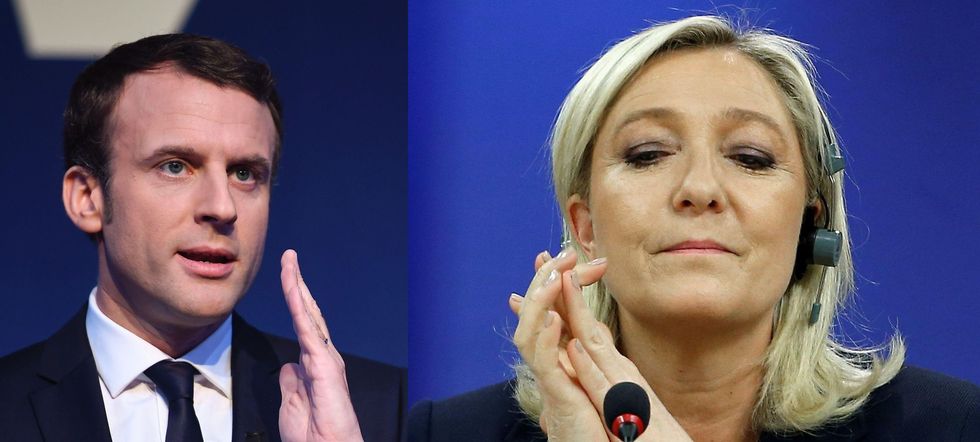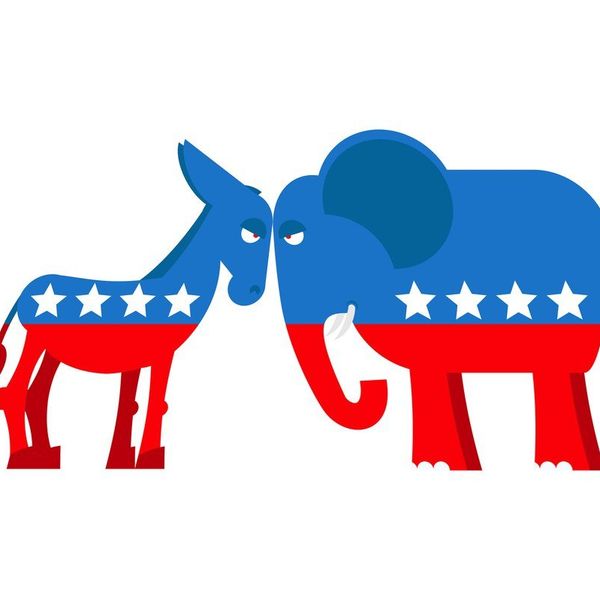In a stunning victory, Marine Le Pen and Emmanuel Macron won the first round of the French Presidential elections this past Sunday, April 23rd. Both candidates serve as a stark contrast to the hugely unpopular president Francois Hollande. Neither of them came from the parties that have dominated French politics since World War II, left and right coalitions fronted by The Socialist Party and The Republicans, respectively.
The French election has been a closely watched one. After Brexit and the election of Donald Trump in America, many began to notice the rise of what is best described as an anti-establishment movement. Forget the European Union! Forget political correctness! Forget the fake and broken promises!
Give the people something new, the votes screamed.
So what's at stake with the French election? In a phrase: the entirety of France's interactions with the global community. Le Pen is a nationalist and a populist. Often referred to as the European Trump, she has stated on numerous occasions that, should she become president, she will pull France out of the European Union. It is feared that if France joins Britain in leaving the EU, the 28-country alliance will collapse. Le Pen's "Independence, Identity, and Order" campaign will focus on closing France's borders- both literally to immigrants and outside markets, and diplomatically to foreign non-governmental organizations like the EU and the United Nation.
Emmanuel Macron is exactly the opposite in everything, except one. Macron started his political party, En Marche!, in April 2016. Since its inception, the centrist party has been gaining steam with over 200,000 members nationally and Macron winning the vote in the first round. Macron previously served as a Minister of Economy and Finance to current president Hollande and has been described as an "internationalist", but has never held any elected office. Macron hopes to strengthen the European Union and further open France's borders to immigrants. Unlike many politicians in France, Macron has made few comments about Islam and French dress codes. The odd decision comes in spite of multiple terrorist attacks in the last 3 years and local policies banning religious headdresses in schools and "burkinis" on French beaches.
It remains to be seen how the French will vote and how their decisions will impact Europe on the whole. As an American looking in from outside, I'm ecstatic to see the proverbial "beheading of the royalty" that was the French political establishment. But from a more measured standpoint, I see that the candidates really don't offer a middle ground to French voters. Come May 7th, I'm sure many French voters will be facing internal conflicts similar to those of American voters on November 8th. On that front, all I can close with is,
bonne chance France.

















